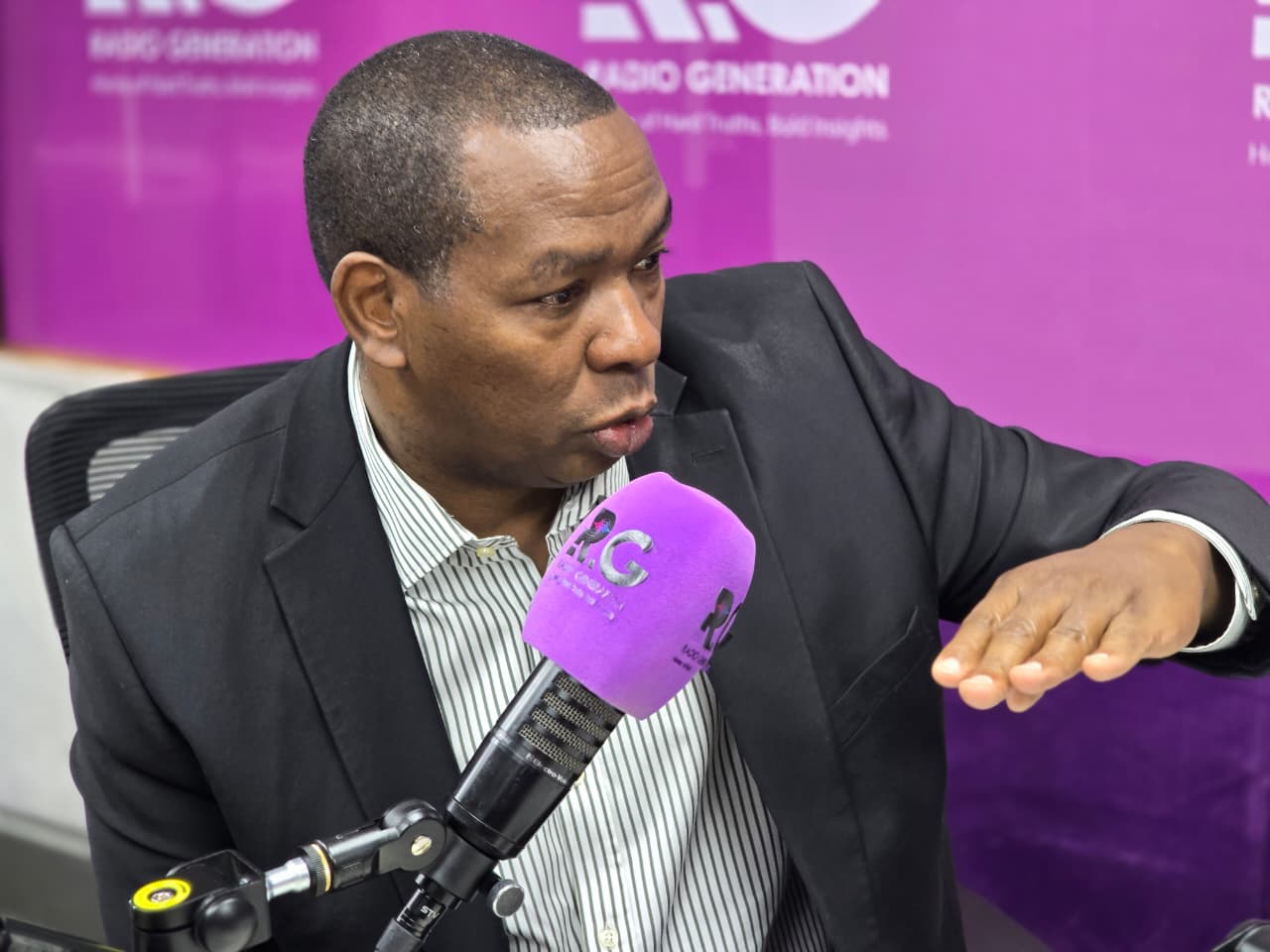Mobile loan borrowing among Kenyans is on the rise, with Kenya Revenue Authority (KRA) Chairman Ndiritu Muriithi attributing the trend to shrinking real wages across different sectors of the economy.
Muriithi noted that while areas such as agriculture, financial services and ICT recorded a slight rise in real wages in 2024 compared to 2023, many workers still cannot keep up with the cost of living.
“Agriculture pays the lowest wages if you compare across sectors. Even with the small increase last year, many workers still cannot afford the same things they used to buy before. That is why people are borrowing mobile or digital credit mainly for consumption,” he said during an interview with Radio Generation on Monday.
He explained that as incomes lose value against rising prices, households are increasingly relying on quick credit facilities to bridge the gap. “When you go and find that the thing you used to buy for Sh100 is no longer affordable, the more likely thing is that you borrow. That is what is driving mobile borrowing,” he added.
His concerns reflect the findings of the 2024 FinAccess Household Survey by the Central Bank of Kenya, the Kenya National Bureau of Statistics and the Financial Sector Deepening Trust.
The study shows that savings among Kenyans declined in 2024 for the first time since 2009, with the share of households reporting savings dropping to 68.1 per cent from 74 per cent in 2021.
At the same time, reliance on loans has surged, with 64 per cent of households borrowing in 2024 compared to 34.2 per cent in 2016.
The report further shows that only 18.3 per cent of Kenyans are financially healthy, underscoring the growing vulnerability of households despite wider access to financial services, which now stands at 84.8 per cent.
Beyond household finances, Muriithi linked borrowing patterns and trust to the wider political and governance environment. According to him, public trust has been weakened by politics dominated by insults and personal attacks rather than meaningful debate.
“Politics in Kenya is generally about who can insult the other the most. That is the daily menu Kenyans are fed by the political class, and in my view, it contributes to the erosion of trust,” he observed.
The KRA Chairman also pointed to progress in public service delivery, particularly in the digitization of services such as eCitizen.
He noted that Kenyans may even be willing to pay a Sh50 convenience fee because it simplifies access, but stressed the need for continuous innovation in the public sector.

